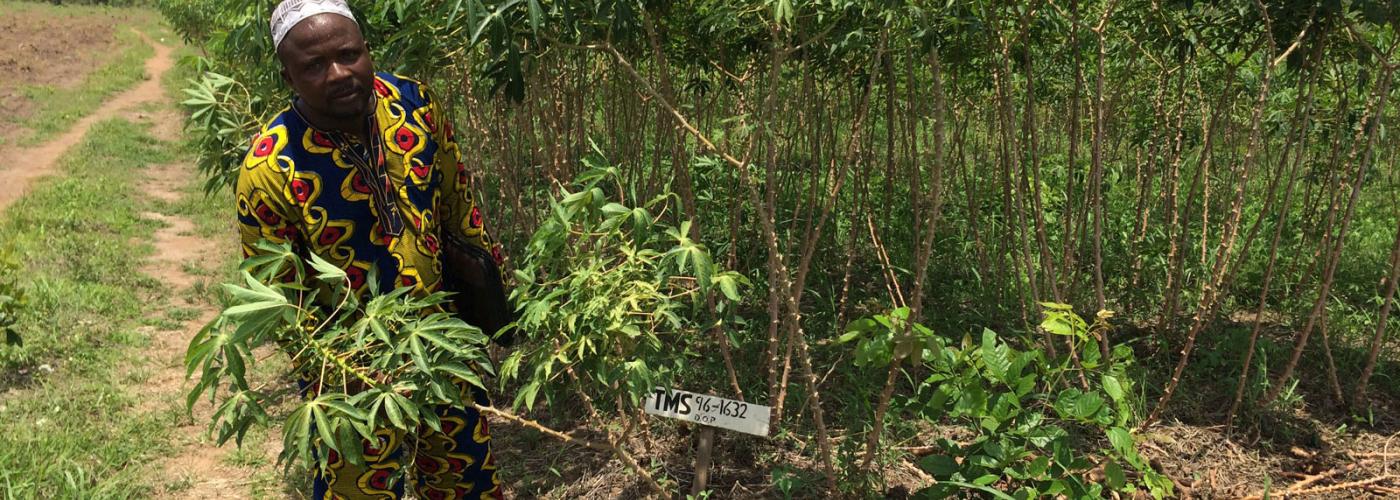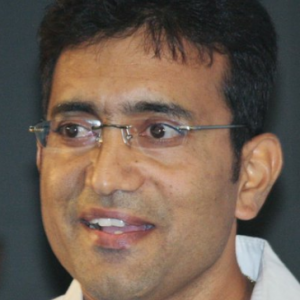“All or None” Approach to Developing a Cassava Seed System in Nigeria
Image

Even though Nigeria is the world's largest producer of cassava, most of its increased production over the last few decades has come from increased acreages under the crop, which is unsustainable. Nigeria experiences a huge annual lost opportunity due to low cassava productivity of less than 10 tons per hectare, which could easily be twice that. Even after 46 improved varieties being released in Nigeria, the adoption is poor, partly due to the lack of a well-developed seed system. Past seed system interventions have tried to improve one or two aspects of the entire seed value chain, but most couldn’t survive without project support. BASICS is following what the authors call an "All or None" approach, which has the potential to sustainably transform the entire cassava value chain to a higher productivity new normal. A sustainable seed system can only thrive as a part of it. Under the “All or None” approach, interventions spanning across the entire cassava value chain that benefit all the stakeholders need to be carried out simultaneously.
Ease of recycling seeds has discouraged the vital private sector from most RTB crops. The cassava seed system encounters additional problems – slow and low multiplication ratio and the bulky nature of planting material. The BMGF-funded BASICS project in Nigeria has developed and scaled up innovations to address these challenges.
Commercial companies do not find cassava seed business financially attractive. BASICS has engaged the private sector via Village Seed Entrepreneurs (VSEs), social entrepreneurs, and commercial cassava processors. BASICS adapted Semi-Autotrophic Hydroponics (SAH) technology for rapid cassava multiplication in Nigeria. A 20 m2 SAH lab has shown the potential to produce over 350,000 plantlets per year. SAH technology has enabled Nigeria to obtain its first ever tissue culture origin, virus free, certified breeder seed. SAH is being scaled out in yam multiplication. The AfDB-funded TAAT project has started implementing SAH technology in five countries across Africa.
The VSE model brings improved seed access closer to the farmers. The BASICS system for selection, training, and hand-holding has seen the number of VSEs grow from 34 in 2016 to over 150 in 2017 and 2018. Inspired by the success of this model, the DFID-funded Market Development in Niger Delta (MADE) project has partnered with BASICS to expand the VSE network by 700 over four years. CARA Development Foundation is currently discussing developing their women groups as VSEs.
Following the "All or None" approach, the BMGF-funded four-year BASICS project (2016-2019) has shown promising preliminary results after only two years of operation. It has improved the seed supply side through adopting an effective technology for rapid multiplication called SAH, establishing over 150 VSEs, engaging three cassava processors in a backward integration model involving a network of smallholder farmers, and supporting these with pioneering commercial entities called GoSeed and Umudike Seeds to supply breeder and foundation seeds with the active collaboration of the national seed certification agency. Demand creation has been done through strategic capacity building, promotional campaigns, and demonstrations. Moreover, buyer-seller transactions have been facilitated through the use of digital tools in the form of Cassava Seed Tracker and strategic collaborations.
This “All or None” model is equally applicable across RTB crops and countries. For more information, please visit the website or email the Project Director.


